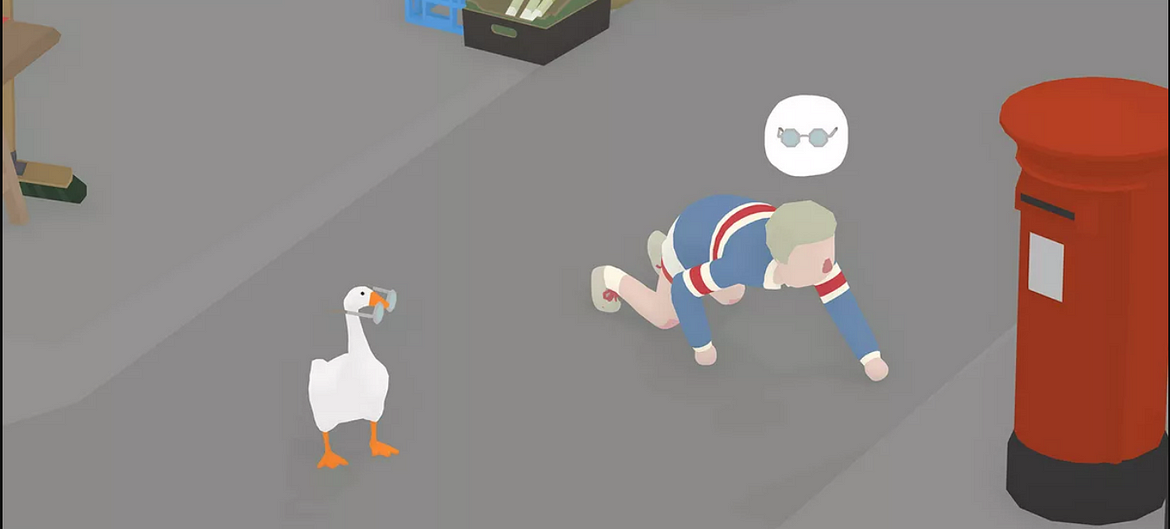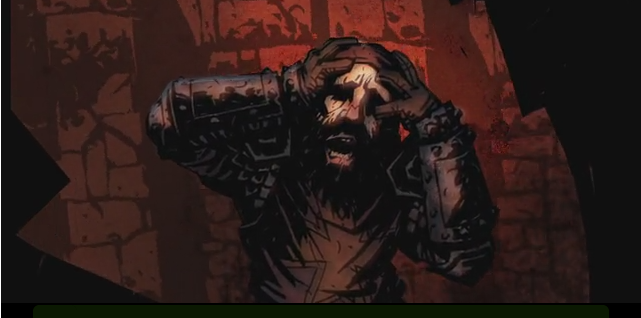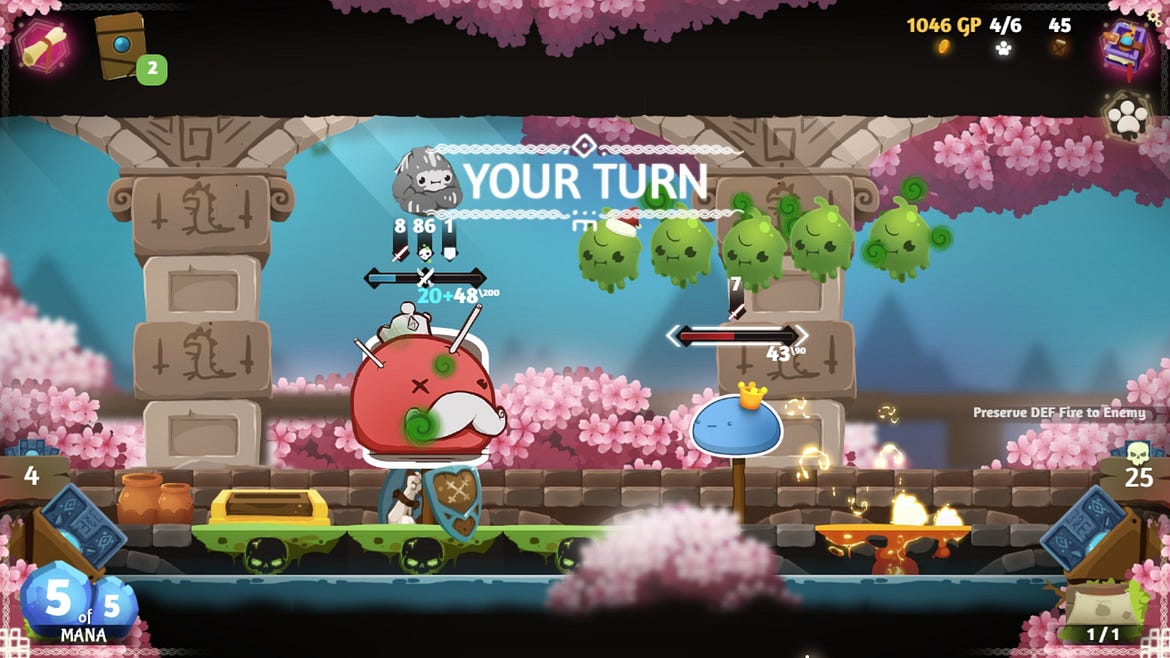
Featured Blog | This community-written post highlights the best of what the game industry has to offer. Read more like it on the Game Developer Blogs.
I have covered hundreds of indie games in the past decade, and today, I want to share my thoughts on what I've learned about reviewing games from this space.


Over the past decade, I’ve had a chance to look at hundreds of indie games and have written or talked about them in reviews. I’ve been thinking a lot about how one reviews videogames, and today, I want to share my thoughts on reviewing indie games.
The “Perfect Game”
Growing up playing games as a child, I always thought that videogames were released the same way a supercar is built perfectly designed as an exquisite product. I’m sure for the adults reading this right now they also felt the same way.
The romanticism surrounding the game industry and game development continues to this day and has led to various issues. Most consumers, and even reviewers themselves, still don’t understand much about the process of making a game. While that’s not a prerequisite for enjoying games, I would expect that to be an important requirement of professional reviewers.
The race to the bottom and sales mentality has led to games of all manner of size, quality, and scope, vying for the attention of gamers. Fifteen years ago, seeing a game on a store shelf or the first games on Steam was a huge deal. Right now, I can look on Steam and be bombarded with shovelware, asset flips, and titles not even worth $5, and that’s on the new releases.
For someone who has spent their life playing nothing but AAA titles, it can be a huge change for them to look at indie games. In the past, I’ve called out reviewers and sites who only cover AAA games or the “indie darlings,” as they’re not giving a fair representation of the market.
The problem is that even the very best indie games cannot and should not be reviewed the same as a AAA game. I feel that despite how far the indie scene has come, it’s still treated differently in some respects compared to major companies by Youtubers, streamers, and game reviewers.
The Kind of Indie Coverage
We’ve been using the term “indie game” throughout this piece and there’s a problem with it. Talking about indie games, there has been an argument about what is and what isn’t considered an indie game. Looking at games that sport the “indie” tag on steam, the spectrum of games is astronomically vast.
The issue is that it tends to cloud people’s perception of what an indie game is and how they review it, and this can be broken down into three types of reviews.
For indie darlings that reach the mainstream, major sites treat these games like unearthing some strange, mysterious, treasure out of the ground. They’ll talk about the game as if this game just broke every preconceived notion about what a videogame is and has changed their worldview forever.
Most likely, we’ll also see additional articles about this game on major sites detailing how everyone should take notes from this game and how it will change the future of the game industry.
My problem with this style is twofold. First, it paints an unrealistic depiction of the indie market. We have spoken about how risky game development is, and for every game succeeds, there are countless games that don’t. For the people who prop up indie games this way, they generally don’t talk about or cover the variety of games from the indie space.
They’re “industry-defining art” for me is just one of the few indie games I’ve played that are being noticed by mainstream reviewers. Often, by the time one of these games makes it to the mainstream, I have already played it, review it, and moved on to the next interesting game. For developers reading these reviews and thinking that’s the way to go, one of the easiest traps for new developers is to try and directly copy another game’s design. By the time you are playing a hit videogame, it is too late to make something just like it and expect to do just as well or better.

once again, the perfect image to capture being a game developer
Then there are the people who treat indie games as a joke: some weird thing that we should point and laugh at. Thankfully, this style isn’t seen on major sites but has found a home on Twitch and YouTube. Many people who call themselves “professional gamers” will focus more on themselves playing the game as opposed to the game itself.
For marketing their videos and brand it obviously works, but this provides no real marketing value to the game in question. Instead, it leaves developers begging “influencers” to talk about their game just to get the word out. This has also led to the rise of “YouTube-friendly” games that are of low quality but meant to be used as fodder for YouTube videos.
The final kind is the worse in my opinion: people who attack indie games for the most minor of offenses. These are videos and streamers who look for indie games to purposely put their metaphorical feet to the coal and question everything there is about the game’s design. Oftentimes, they have little to no industry or game design experience. Chances are these are the people who call developers “stupid” or “lazy” about their designs.
One of the biggest examples of this was the wave of “professionals” talking about developers moving to the Epic Games Store for their exclusivity deal. It has become a kind of litmus test for me when looking at the professionalism and knowledge on game dev from youtubers who talk about this. There is a lot here that we don’t have the time to get into detail about. The only thing I’m going to say is that I have no hatred or anger for any indie developer who chooses to go on EGS as a way of supporting themselves and their studio.
To wrap up this piece, I want to talk about one other consideration I think about when looking at indie games.
The Person Behind the Game
If there’s one thing that makes me frustrated when it comes to the indie market, it’s the people who attack developers when looking at their games. This point goes back to the romanticism surrounding games in the past, and the incorrect notion that games were always released perfectly and without any bugs.
One of the aspects as a reviewer that I pride myself on is to never attack the developer of a title. You will never find a review of mine yelling about a game or insulting anyone on the design team. This is from the years I’ve spent interviewing developers around the world.
If you speak to indie developers long enough, you’ll come to understand that sometimes the game that gets released isn’t the perfect vision by the developer. There is so much we could talk about with regards to turning game ideas into finished games, but that is another topic altogether. Something that you absolutely hated in a videogame: so much so that you became angry at it, could very well be hated by the developer, but it was the only viable solution they could come up with.

No matter the quality or uniqueness of an indie game, you still can’t compare it to AAA development
As a reviewer, you should never personally attack a developer over a design decision. You can criticize a game all day long, but directly attacking someone for their game design crosses the line.
It’s important to remember that no indie game that has been made or will be made will have similar budgets, team size, and resources as a AAA studio. This is part of the reason why I feel that modern game reviews are flawed, but we’ll be covering that in the follow-up piece.
Up Next: Reviewing Reviews
No one has really talked about what it means to write reviews of videogames, and it’s made me realize that we haven’t had a formal sit-down on what it means to be a reviewer. For my next piece, I want to share some hard truths and controversial statements about writing professional reviews.
If you enjoyed my post, consider joining the Game-Wisdom discord channel open to everyone.
Read more about:
Featured BlogsAbout the Author(s)
You May Also Like









